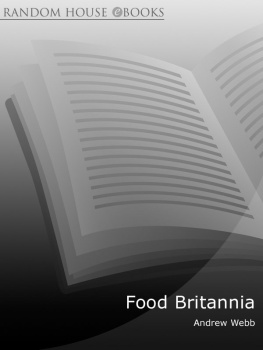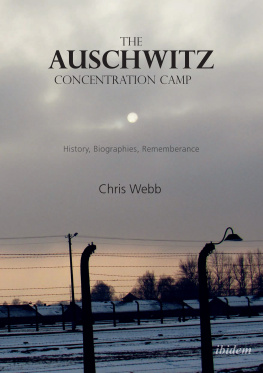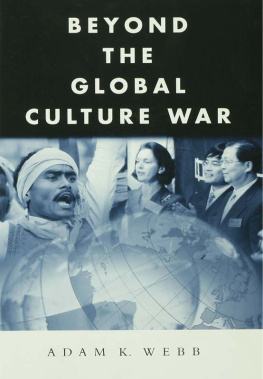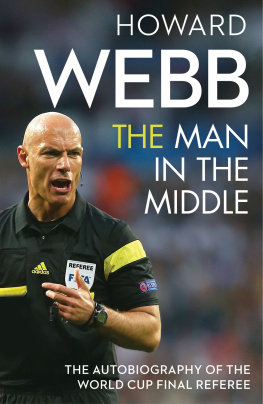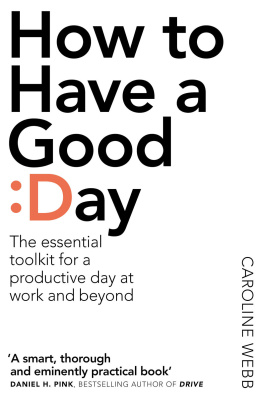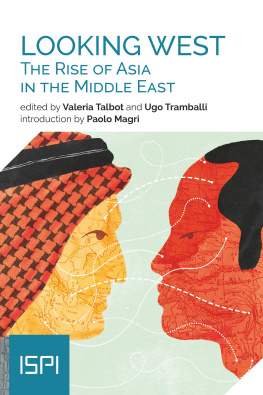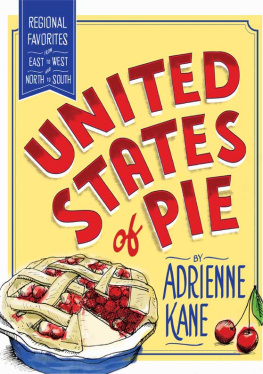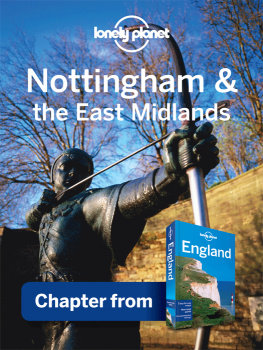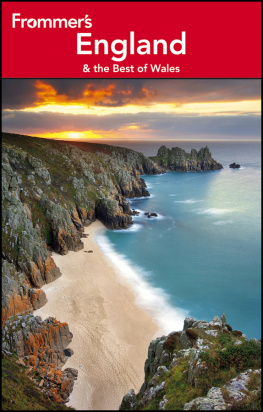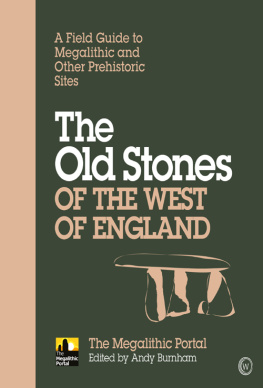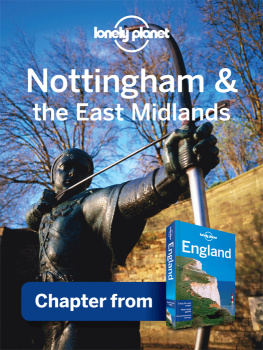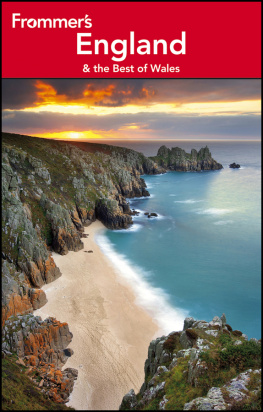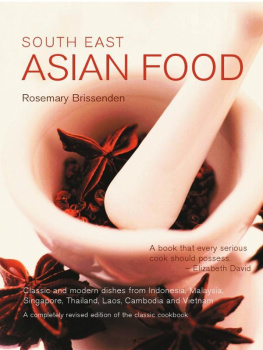Contents
About the Book
British food has not traditionally been regarded as one of the worlds great cuisines, and yet Stilton cheese, Scottish raspberries, Goosnargh duck and Welsh lamb are internationally renowned and celebrated. And then there are all those dishes and recipes that inspire passionate loyalty among the initiated: Whitby lemon buns and banoffi pie, for example; pan haggerty and Hendersons relish. All are as integral a part of the countrys landscape as green fields, rolling hills and rocky coastline.
In Food Britannia, Andrew Webb travels the country to bring together a treasury of regional dishes, traditional recipes, outstanding ingredients and heroic local producers. He investigates the history of saffron farming in the UK, tastes the first whisky to be produced in Wales for one hundred years, and tracks down the New Forests foremost expert on wild mushrooms. And along the way, he uncovers some historical surprises about our national cuisine. Did you know, for example, that the method for making clotted cream, that stalwart of the cream tea, was probably introduced from the Middle East? Or that our very own fish and chips may have started life as a Jewish-Portuguese dish? Or that Alfred Bird invented his famous custard powder because his wife couldnt eat eggs?
The result is a rich and kaleidoscopic survey of a remarkably vibrant food scene, steeped in history but full of fresh ideas for the future: proof, if proof were needed, that British food has come of age.
About the Author
Andrew Webb is a food journalist and photographer who has worked for Channel 4 and the BBC. He has also written for Waitrose Kitchen and Delicious magazines. He lives in London.
For Kate and Matilda
Introduction
The journey that ultimately led to this book began very early one bright April morning in 2008, when I set off from London bound for Lands End. I had been commissioned by Channel 4 to present The Big British Food Map, I had a creative carte blanche, and as it was just me, a car, a laptop and a couple of cameras, I could do anything and go anywhere. And so, with the roads out of London almost to myself and the satnav set for Cornwall, I began a seven-month, 11,500-mile food tour that took me all the way round the UK. As you can imagine, I met some truly amazing people and saw many tucked-away areas of this wonderful country, which only served to confirm my view that it is far more beautiful and interesting than we often give it credit for. During my tour I learned new recipes and cooking ideas, and gained a much better knowledge of plant and animal breeds. I was constantly impressed by the skill and expertise I witnessed, and even my UK history and geography improved.
Seven months might sound a long time, but they positively flew by, and after my role on the Channel 4 project came to an end in November 2008, I still felt there were areas, products and producers I had missed. So, after taking some time out to get married and become a father, I began researching and visiting more people and places. The result is this book: over 300 entries spanning everything from one-man-band operations that do what they do more for love than for profit to the fascinating histories of much-loved household staples, many of which are nowadays produced by large corporations. Alongside organically reared beef and lamb, and food gathered from the wild, youll also find such things as After Eight mints (). Why? Well, because theyre eaten and enjoyed and have stories worth telling, and its these stories that interest me.
Another reason to include a broad range of products is that food neednt always be fancy. All too often, supposedly good food is presented as part of some sort of bucolic lifestyle that harks back to a bygone age. Complex recipes invariably produce simple mid-week suppers, while ingredients are described in cloyingly effusive terms like toothsome, with flavours forever cutting through other ones. All these clichs wind me up no end, and youll find none of them in this book. But beyond being my personal bte noire, this sort of talk alienates people and doesnt reflect the way in which we eat. Food shouldnt be something a few foodies are into, but a daily chance for us all to experiment with the abundance that surrounds us, to strengthen our local communities, and to improve our health and ultimately our happiness. Its important stuff, is eating.
Since setting off on that April morning much has changed in the world, and food production and retail, like the rest of society, have felt those changes. The summer of that year was awful, and I witnessed first-hand the sodden wheat harvests. Then there was the fuel crisis, followed, in 2009, by the financial meltdown. While this did affect some areas of the food sector, particularly those producing organic food, I also spoke to people who had feared an apocalypse and yet were amazed to find themselves not only still in business, but in some cases even growing. Indeed, some restaurateurs I spoke to have positively enjoyed the challenge; yes, its been hard, they say, but its forced them to offer value and redouble their efforts on service, as well as shaking a lot of dead wood out of the industry. People still go on dates, have birthdays or want to buy, cook and eat good food, and smart businesses still provide that. The food sector today is one of incredible dynamism for those who want to seek, if not their fortune, then at least their own destiny. Its hard, yes, but plenty of new people are coming into the industry. As Guy Tullberg of Tracklements () told me, When we started you were very limited in your routes to market; now, if I think Ive made the finest chilli sauce since time began, I can get a pitch at a farmers market for 20 and get going.
Online retail is another key area in which the public has become more experienced. When I was dreaming up The Big British Food Map in the winter of 2007, I thought it odd that, although people were at ease using Amazon and eBay, not much food came via online mail-order services, and ) are using the internet to help sell a crop before it has even grown. By allowing people to rent one of his cherry trees for twelve months, Michael is guaranteed an income right from the start of the year.
And so today, despite its small size and sometimes clone-town high streets, Britain still remains sufficiently different from district to district and from region to region to make exploring it worthwhile. Most areas now boast excellent artisan cheeses, a local brewer or two, some well-produced meat and unique regional specialities. You dont have to spend a year travelling and researching like I did; just pick a region, book a long weekend off work, get in the car and youre away. Take in a farm, some local shops and a good restaurant or pub, and youve got your own little food adventure right there. What I hope youll find in this book is solid evidence that Britains food soul, so nearly lost, is now firmly returning. There are people doing brilliant, creative and exciting things with food all over the British Isles. Go and find them. Just make sure you take this book.

Its worth taking a moment here to explain a distinction that crops up for a number of the products in this book, namely that of PFN (Protected Food Name) status. European recognition of a product or production method comes in three flavours: PDO (Protected Designation of Origin) covers agricultural products and foodstuffs produced, processed and prepared in a given geographical area; PGI (Protected Geographical Indication) is a touch broader, covering agricultural products and foodstuffs closely linked to the geographical area; finally, TSG (Traditional Speciality Guaranteed) highlights traditional character, either in the composition or means of production.
Next page
